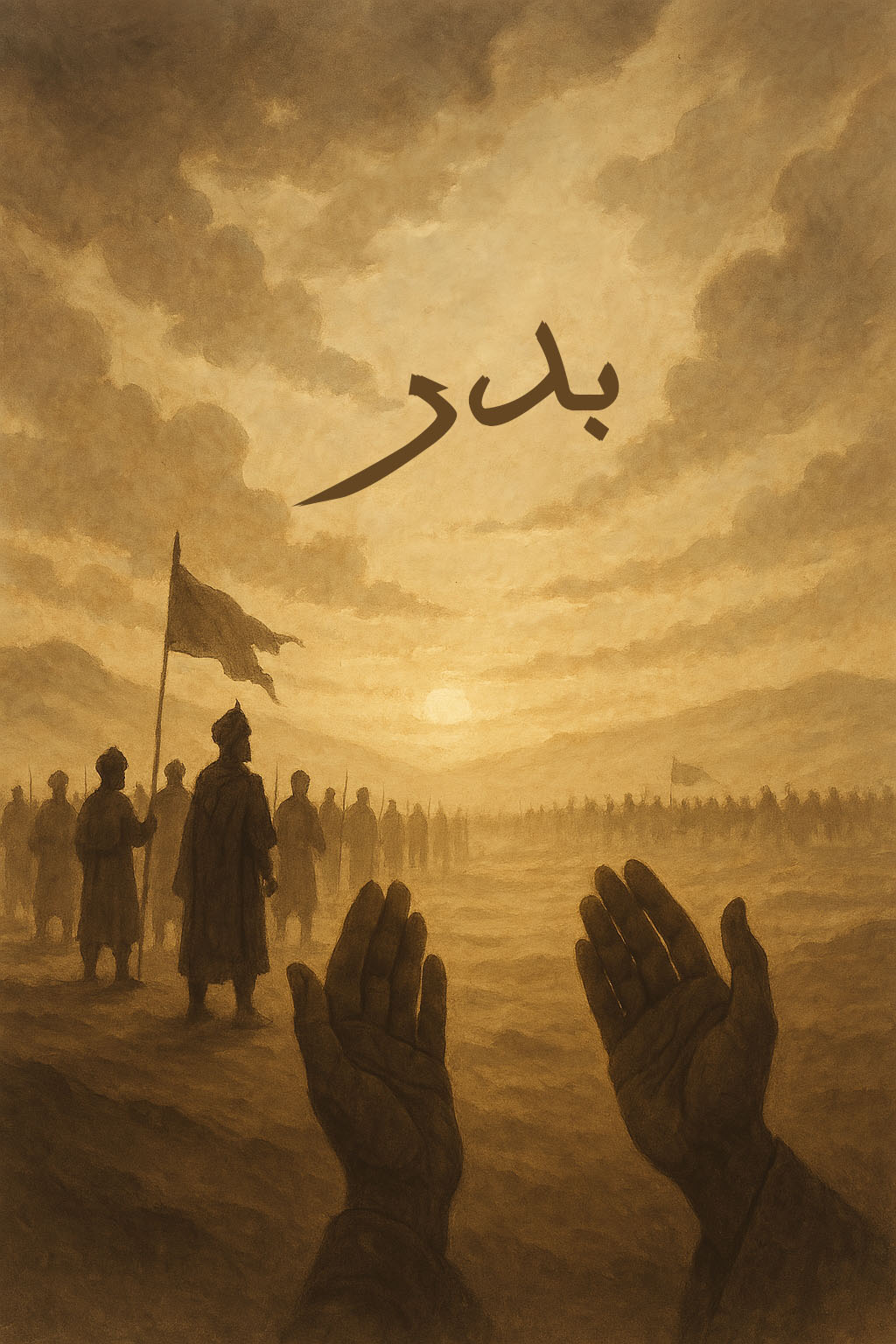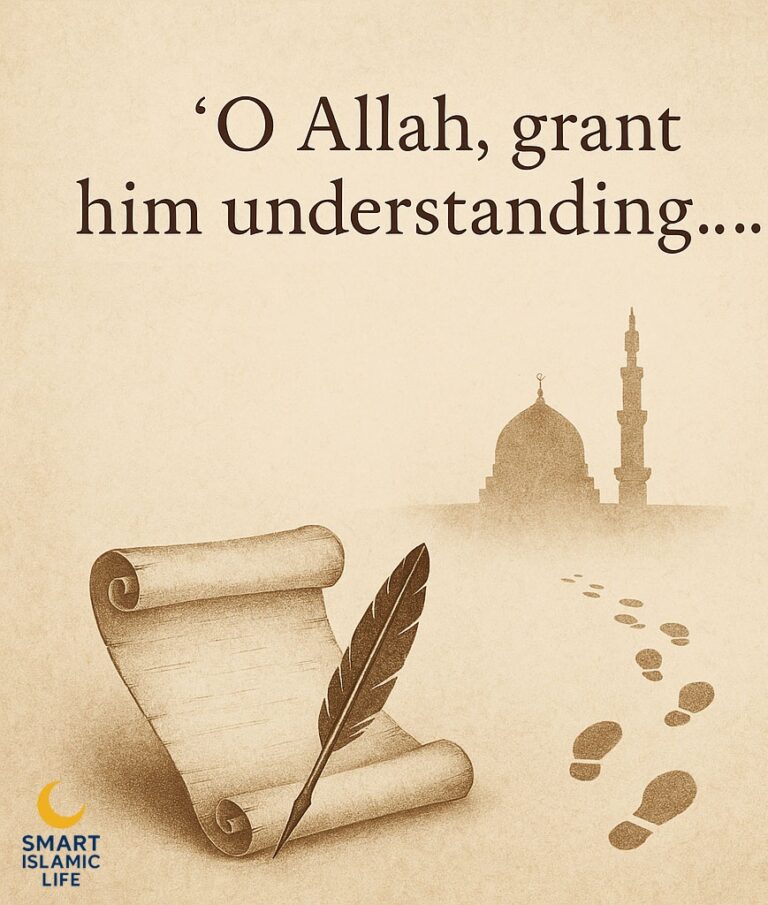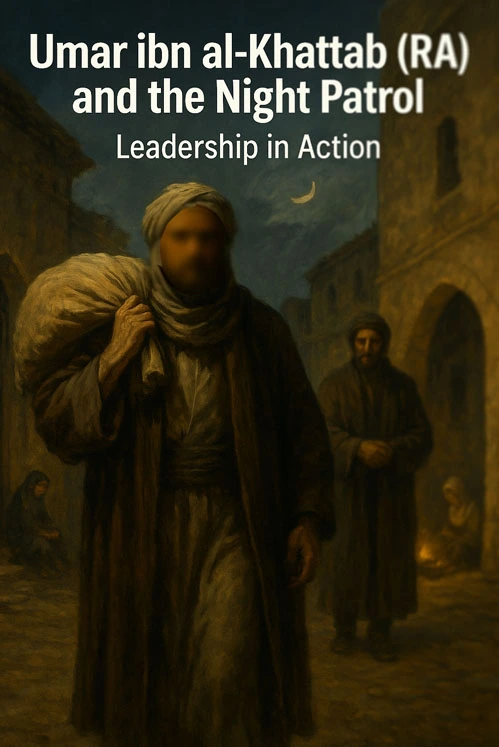Echoes of Badr: When Faith Met Trials
⚔️ Echoes of Badr: When Faith Met the Impossible
In Islamic history, few events are as transformative and spiritually charged as the Battle of Badr. More than just a military encounter, Badr stands as a sacred moment when human faith met divine intervention, and history bore witness to the power of conviction over numbers, and principle over might.
Fought on the 17th of Ramadan, 2 AH (624 CE), this encounter would define not just the survival of a struggling community—but its very soul.
🌙 The Trial Before Triumph
When the Prophet Muhammad ﷺ and his companions migrated to Madinah, they left behind not just their homes but their livelihoods, families, and security. The Quraysh of Makkah, infuriated by what they saw as rebellion, confiscated Muslim property and sought to extinguish this growing light of monotheism.
News soon came of a wealth-laden Meccan caravan, led by Abu Sufyan, returning from Syria—an opportunity for the Muslims to reclaim some of what had been unjustly taken. But the mission would evolve rapidly into something far more critical: a face-off with a powerful Qurayshi army nearly three times their size.
🧕🏼 313 Versus 1,000: The Numbers That Changed History
The Prophet ﷺ set out with just 313 companions, many of them untrained and ill-equipped. They shared camels, wore mismatched armor, and carried the burden of defending a mission larger than themselves. In contrast, the Quraysh approached with nearly 1,000 men, war-hardened and lavishly outfitted.

In worldly terms, this was a mismatch. But Badr was not decided on worldly terms.
“And Allah had already given you victory at Badr when you were few in number. So fear Allah, that you may be grateful.”
— Surah Al-Imran (3:123)
🧠 Strategy Woven with Spirit
Though divinely aided, Badr wasn’t without planning. The Prophet ﷺ positioned the army strategically near the wells of Badr, cutting off water access to the enemy. He organized ranks, motivated hearts, and spent the night before in intense du’a, showing that victory is pursued both by hand and by heart.
💡 True tawakkul (trust in Allah) isn’t passive—it’s paired with preparation.
🩸 A Costly Victory, A Timeless Lesson
The Muslims lost 14 companions that day, whose names are etched in our history as the first martyrs of an Islamic army. But what they gained was priceless:
- A decisive moral and political victory
- Recognition from neighboring tribes
- A surge in the believers’ confidence
- A message to oppressors that justice would no longer be silent
And for future generations, a spiritual parable that continues to echo through the ages.
📘 Lessons from Badr — Then and Now
- 🕰️ Trust Divine Timing: Trials may not make sense when they arrive, but with faith, they become divine turning points.
- 🤝 Unity Over Quantity: The 313 succeeded not with weapons, but with unity and shared purpose.
- 🔧 Faith Doesn’t Cancel Action: The Prophet ﷺ planned, prepared, and prayed. So must we.
- 🧭 Leadership in Crisis: The Prophet’s ﷺ composure under pressure teaches what authentic leadership looks like.
- ✊ Principle Over Power: Badr proved that truth, not might, writes history.
🌍 Your Badr Awaits
You may never wield a sword or stand on a battlefield, but life presents you with countless miniature Badrs—moments when your principles are tested and the odds feel overwhelming.
In those moments, remember Badr. Remember the 313. And remember: It’s not the size of the army, but the strength of conviction that changes the world.


